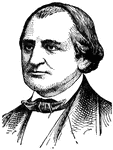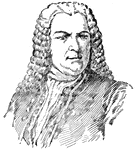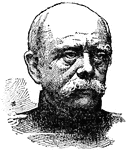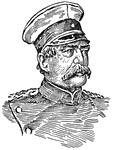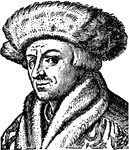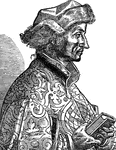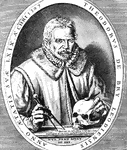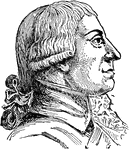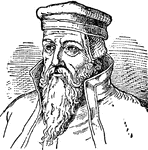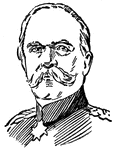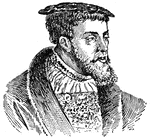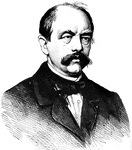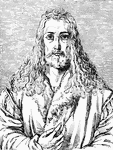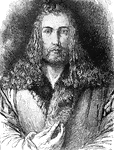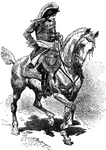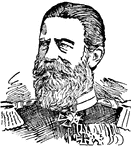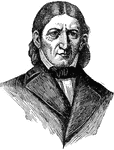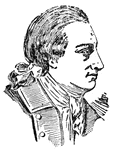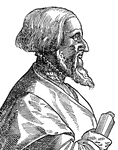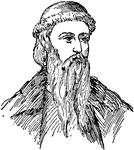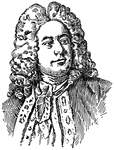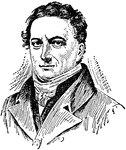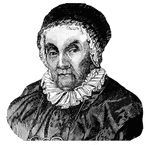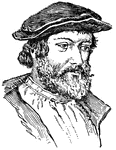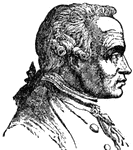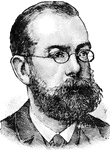The Famous German Persons ClipArt gallery offers 113 illustrations of important German royalty, politicians, artists, and clergy.
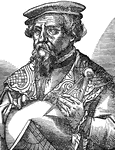
Petrus Apianus
(1495-1552) A famous German humanist, known for his works in mathematics, astronomy, and cartography.
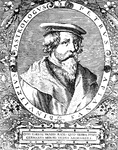
Petrus Apianus
(1495-1552) A famous German humanist, known for his works in mathematics, astronomy, and cartography.
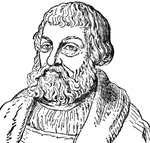
Kaspar Aquila
Caspar Aquila (sometimes Kaspar or Gaspar Aquila, Caspari Aquilae, etc.; 7 August 1488 – 12 November…
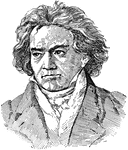
Ludwig van Beethoven
A German composer and pianist. He is considered to have been the most crucial figure in the transitional…
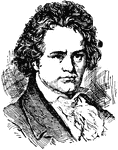
Ludwig von Beethoven
(1770-1827) German composer whose most famous works are his Fifth and Ninth symphonies and Moonlight…
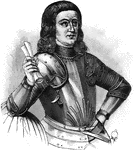
Martin Behaim
Martin Behaim (1459-1507), also known as Martin von Behaim and by various forms of Martin of Bohemia…
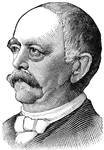
Prince Bismarck
Otto von Bismarck was the Duke of Lauenburg, Prime Minister of Prussia, and Chancellor of the North…
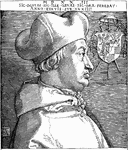
Cardinal Albrecht of Brandenburg
This is an engraved portrait of Cardinal Albrecht of Brandenburg, Germany. He was a cardinal priest…
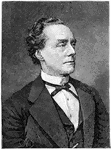
Ernst Curtius
Ernst Curtius (September 2, 1814 – July 11, 1896) was a German archaeologist and historian.
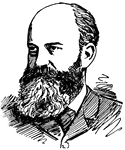
George M. Ebers
(1837-1898) German author who studied Early Egyptian life and wrote many books such as Egypt and the…
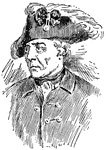
Frederick II
(1712-1786) King of Prussia from the Hohenzollern dynaasty, known as the founder of Germany's military…
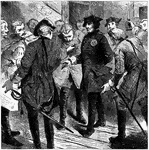
Frederick II of Prussia
An illustration of Frederick II of Prussia attempting to find lodging for the evening. Frederick II…
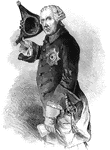
Frederick II of Prussia
A portrait of Frederick II of Prussia in his military uniform. Frederick II (January 24, 1712 –…
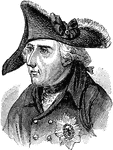
Frederick II of Prussia
Frederick II (January 24, 1712 – August 17, 1786) was a King of Prussia (1740–1786) from…
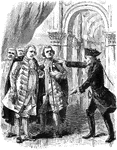
Frederick II of Prussia and Judges
An illustration of Frederick II of Prussia and the unjust judges. Frederick II (January 24, 1712 –…
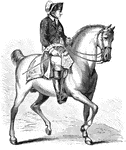
Frederick II of Prussia on Horseback
An illustration of Frederick II of Prussia on horseback. Frederick II (January 24, 1712 – August 17,…
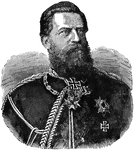
Frederick III, German Emperor
Frederick III (October 18, 1831 - June 15, 1888), was German Emperor and King of Prussia, ruling for…
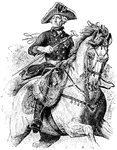
Frederick the Great
"Frederick II (The Great, 1740-1786). The young Frederick had been brought up in a rough school. His…
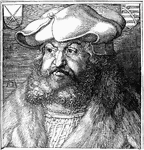
Elector Frederick the Wise
This is an engraved portrait of Elector Frederick the Wise who was Elector of Saxony, Germany. It was…
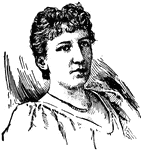
Johanna Gadski
(1872-1932) German Opera Singer who was particularly successful in her rendering of Wagner. She was…
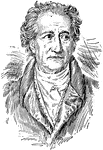
Johann Wolfgang von Goethe
"(1749-1832), the greatest figure in German literature, a dramatist, lyric poet, novelist and philosopher."…
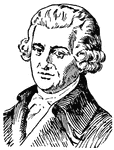
Joseph Haydn
(1732-1809) Haydn was a celebrated German composer. His most famous works are "Orpheus and Eurydice;"…
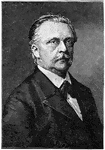
Hermann von Helmholtz
Hermann Ludwig Ferdinand von Helmholtz (August 31, 1821 – September 8, 1894) was a German physician…
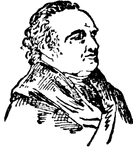
Sir William (Frederick) Herschel
(1738-1822) German astronomer who discovered the planet Uranus in 1781 and was appointed astronomer…
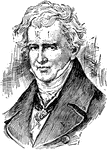
Baron von Humboldt
(1769-1859) "A German traveler and naturalist, the founder of the modern science of physical geography."…
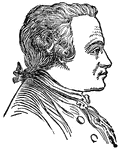
Immanuel Kant
A German philosopher and scientist. Kant is generally considered one of the greatest and most influential…
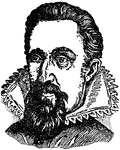
Johann Kepler
A key figure in the scientific revoluion, a German astrologer, astronomer, and mathematician of famed…
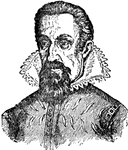
Johannes Kepler
Johannes Kepler (1571-1630) was a German mathematician, astronomer, and astrologer. A key figure in…
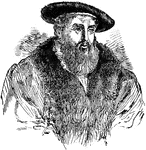
Johannes Kepler
Johannes Kepler (December 27, 1571 - November 15, 1630) was a German mathematician, astronomer and astrologer,…
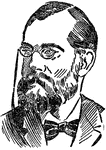
Robert Koch
A German physician. He became famour for the discovery of the anthrax bacillus, the tubercle bacillus…
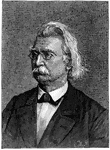
Karl Richard Lepsius
Karl Richard Lepsius (December 23, 1810 – July 10, 1884) was a pioneering Prussian Egyptologist and…
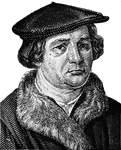
Martin Luther
Martin Luther (November 10, 1483 – February 18, 1546) was a German monk, theologian, university professor,…
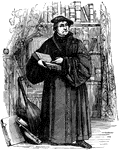
Martin Luther
Martin Luther (November 10, 1483 - February 18, 1546) was a German monk, theologian, university professor,…
